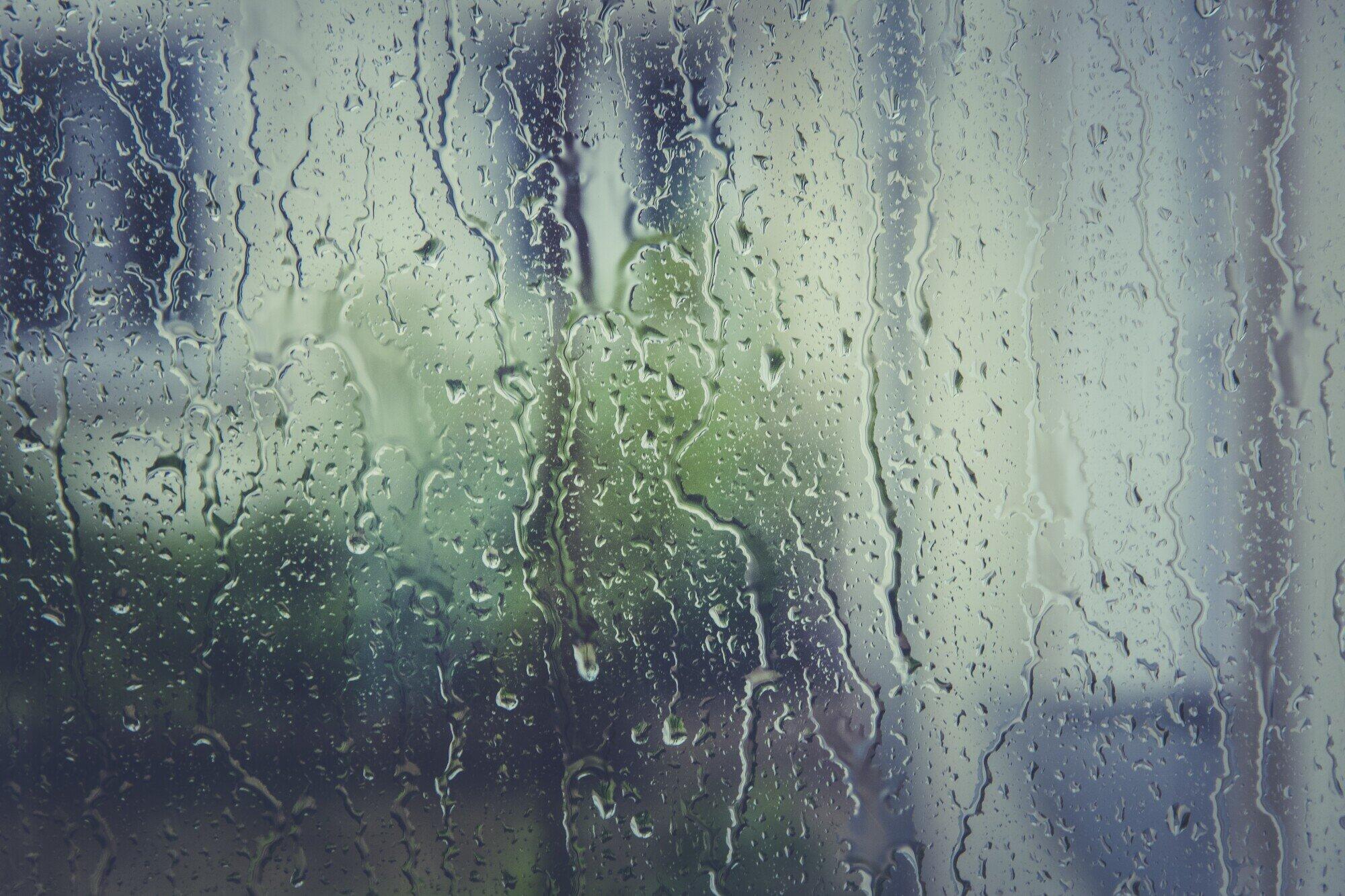If you’re from Texas, you’re well-acquainted with hurricane season. Thus, you can expect both sweltering temperatures and rainy conditions in the summertime.
The common denominator here is humidity!
With muggy conditions reaching up to 90 degrees, hurricane season brings a host of issues, including hazards for your HVAC system.
You can’t beat Spring, Texas heat without a quality AC. This includes regulating those high humidity levels, as well.
Humidity control during hurricane summers helps combat issues with mold, indoor pollutants, and other moisture-related issues.
In this guide, you’ll learn more about HVAC preventive maintenance for hurricane season.
Has Your HVAC System Reached the End Of Its Lifespan?
Stop and think about how long you’ve had your current HVAC system. With proper maintenance, a central air conditioning system can last between 15 to 20 years; however, most homeowners should start considering a replacement at about 15 years.
After a while, your HVAC system will start overworking itself.
An overworked system bears a greater chance of the following:
- Refrigerant Leaking
- Electrical hazards
- Increasing indoor humidity levels
- Insulation molding
- Emitting strange smells and noises
- Evaporator coil freezing
Central HVAC systems typically have two units, an indoor and an outdoor unit. Over time, these units will show signs of wear and tear, including any foundation work like cement slabs or bases used to secure units in place.
Test HVAC System Efficiency
If your AC is still operating within its lifespan, it doesn’t hurt to run a quick efficiency test.
First, make sure the thermostat is working properly. Confirm that it’s providing an accurate read.
Every thermostat should be properly installed in the right areas of the home, like a spacious living room away from areas that generate a lot of heat; for example, thermostats installed near kitchens will read the home as too hot while drafty areas will read the home as too cold.
Are Your Ducts Clean?
It’s important to keep indoor humidity levels and air pollutants low during hot, muggy hurricane seasons.
It’s worth checking to see if your ventilation system is clean. Dirty, clogged vents also restrict airflow, causing HVAC systems to overwork themselves and circulate dust particles in the home.
Do You Need to Replace Your Roof or Insulation?
When preparing your HVAC for hurricane season, it’s important to think of other housing elements that impact the efficiency of your system.
Roofing, insulation, and siding are three notable examples; if these are damaged (or too old) they will leak moisture into the home. These challenges pose a lot of danger to your HVAC system, including water damage due to basement flooding and roof leaks. Water-damaged insulation can also cause molding.
Air conditioners are instrumental in keeping homes cool and dry during wet hurricane seasons.
You also have to think about critters and pests finding their way into the home through openings in old, cracked siding and roofing. These pests also damage HVAC systems.
HVAC Maintenance Tips For Outdoor Units
Hurricane season brings a lot of strong winds and rain to the area. Thus, you can expect quite a bit of broken branches, leaf pile-up, dirt, and other debris blocking outdoor HVAC units.
The longer this debris remains, the harder your HVAC system will work to transfer air out of the unit, cool, and circulate cooled air within the home.
You also have to worry about flooding around the outdoor unit and water getting into the unit.
Avoid hurricane damage by creating a raised platform for the outdoor unit. You should also position it away from trees to avoid falling branches and leaves.
For extra protection, purchase a tarp to place over the outdoor unit to prevent water, leaves, and dirt from getting into the vents.
Remove any items from your yard that could become hazardous projectiles during a storm. Lawn chairs, tables, containers, planter boxes, and many more outdoor items are easily picked up by the wind, causing serious damage to outdoor units.
Address Power Issues During Preventive HVAC Check
If you’re expecting a big storm, you may want to power off your HVAC system completely. Should this be the case, make sure your home is nice and cool (and dry) before the storm hits. If your home is well-insulated, you should be able to maintain a comfortable indoor temperature during the storm.
Powering off your HVAC system prevents any electrical damage should your basement flood during the storm.
Many homeowners also purchase surge protectors for their HVAC systems before hurricanes. If you’re expecting lightning, a surge protector can protect your HVAC units from being destroyed by a strike. This will protect the lifespan of your HVAC AC, as well.
HVAC Preventative Maintenance and Windows
Window maintenance should also be a part of your HVAC hurricane preparation. Heating and cooling loss drives up energy bills. The more insulated your home is the better; this point also speaks to the importance of having a well-insulated attic and roof.
Make sure your windows aren’t susceptible to leaking. Remove any window AC units. These types of air conditioners fill up with water during storms, making your home vulnerable to pests, indoor air quality issues, and water damage.
Consider HVAC Service Plans
If you want to be fully prepped for hurricane season, your best bet is to book a service call to ensure your entire HVAC system is working properly and ready for hurricane weather. A licensed and insured HVAC technician will let you know when your AC needs repair or replacement.
There are also HVAC protection plans that can help. For example, Guy’s Protection Service Plan comes with tune-ups, 24-hour emergency service, discounted (or zero) repair costs, equipment coverage, and more.
Get Started On Home HVAC Care
Make sure your HVAC units don’t break down during hurricane season. Keep this HVAC preventive maintenance guide handy as you prepare your home for the next storm.
Guy’s Air Conditioning and Heating is a staple in the community, with over 35 years in the HVAC industry. We’ve built unshakable trust in the local Houston community with our top-rated services for AC, heating, air quality, filter maintenance, protective plans, and even commercial HVAC.
We’re also on-call 24 hours a day to respond to your emergency requests.
Book a service call or contact us to learn more!





